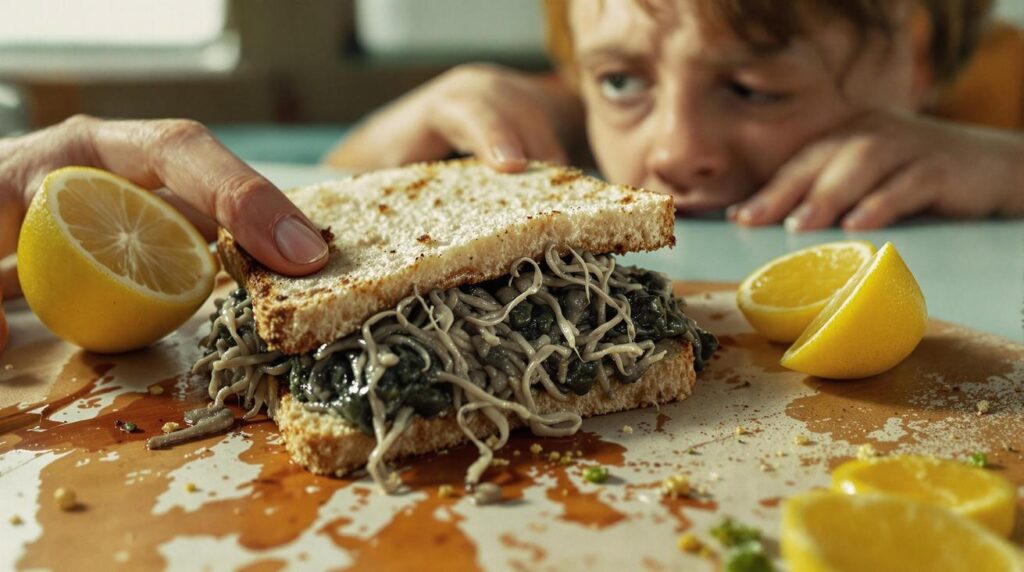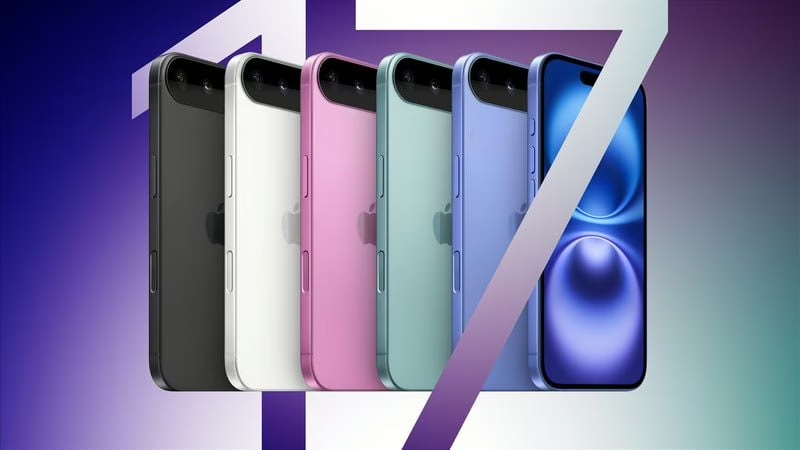
Exploring the MAHA Future from The Atlantic
Have you ever wondered what the world might look like if today’s strangest health trends and wildest conspiracy theories became government policy? The magazine The Atlantic recently explored this very idea in a startling, satirical story featured in its “One Story to Read Today” newsletter. The piece, titled “A Dispatch From the MAHA Future,” paints a grim but darkly funny picture of America in the year 2029. It’s a world where government mandates aren’t about public safety in the way we know it, but about a bizarre vision of “wellness” dictated by a powerful new Health and Human Services Secretary, a fictionalized version of Robert F. Kennedy Jr.
This isn’t a prediction, but a thought experiment. It takes ideas floating around on the internet and pushes them to their most absurd conclusions. Imagine a world where your fitness tracker reports your “negative energy” to the government, where leeches are considered frontline medical treatment, and where astrology determines your career path. Let’s dive into the strange, unsettling, and unforgettable future envisioned in this provocative story and see what it says about our present.
A Government That Watches Your Steps and Your Mood
In the story’s 2029, personal freedom takes a backseat to forced wellness. The Secretary has declared his vision: “every American is wearing a wearable within four years.” This isn’t like the smartwatches we have today. These devices are mandatory, tracking not just your steps for the “New, Improved Presidential Fitness Test,” but also your emotions. The wearable uses a strange technology described as “mood ring–adjacent” to detect “negative energy.”
What happens if you fail the fitness test or think too many bad thoughts? You get sent to a “Wellness Farm” to pick turnips and be “reparented.” The story uses this absurd scenario to ask a serious question: how much of our personal health data are we willing to give up? While today’s US smartphone manufacturing and wearable tech is designed for consumer choice, this fictional world explores a future where it becomes a tool for control. It taps into a real fear about where the line is between helpful health monitoring and invasive government surveillance. Could technology designed to help us become a tool to control us? In this story, the answer is a scary “yes.”
When “Alternative” Medicine Becomes the Law
Perhaps the most shocking part of this fictional future is its healthcare system. Before a patient can receive what we now call medicine (rebranded as “Just One More Supplement, No Better Or Worse Than Any Other Supplement”), they must first “try leeches.” This “Leeches First” mandate is hailed as a win for “Big Leech.” The characters walk past billboards from the new CDC that cheerfully remind them: “Don’t Forget to Leech and Bleach!”
This is, of course, a satire of the debate between evidence-based medicine and unproven alternative treatments. For centuries, leeches were a common medical tool, but their use was abandoned as science advanced. The story imagines a world that throws that progress away. Instead of relying on data and clinical trials, this new society relies on anecdotes—what the story calls “Gold-Standard Science.” The best evidence isn’t a peer-reviewed study; it’s a story about “a guy your cousin knew.” This is a powerful critique of how misinformation can erode trust in life-saving science. While modern medicine is using incredible tools like AI to unlock hidden secrets in medical records, the world of the story is going backward, trusting leeches over data.
A Diet of Scurvy and Roadkill
What’s on the menu in 2029? Things that would make a modern doctor’s hair stand on end. The government has spent a fortune developing the “Anti-Lemon,” a fruit that looks and tastes like a lemon but actively causes scurvy. Why? The Secretary believes getting scurvy—a painful disease caused by a lack of vitamin C—helps “build character.” The narrator notices his teeth are getting wobbly, a classic sign of the disease. It’s a terrifying reminder of why a healthy, balanced diet rich in vitamins is so important.
If that’s not enough, lunch is a “roadkill sandwich.” This is part of the Secretary’s plan to “rewild” American stomachs with what he calls “Gold-Standard Meat.” He argues that modern humans are too soft from eating “indoor food.” By eating roadkill, he claims, people will regain the strength of their ancestors who built wonders like Chichén Itzá. The story pushes back against the romantic idea of “natural” food by showing its disgusting and dangerous reality. The characters chew their “mystery” meat hesitantly, unsure if the green stuff in the sandwich is lettuce or something much worse.

Your Future is in the Stars, Not Your Skills
In this dystopian vision, your career isn’t determined by your education, skills, or passion. It’s decided by your star sign. One of the main characters, Greg, is a former veterinarian. But he’s no longer allowed to practice his profession. Why? Because the new surgeon general has declared that Tauruses can’t be vets. Their “energies would be all wrong,” especially given his moon placement.
So, what does a highly trained vet do now? He sells crystals, which are in high demand. This is a satirical jab at the rejection of expertise in favor of pseudoscience. It highlights a world where ancient superstitions are given more weight than years of scientific training. It’s a scary thought, especially when you consider how many dedicated students and scientists are racing to study complex fields to improve our world. The story asks us to imagine a future where all that hard work and knowledge is dismissed because of the day you were born. This isn’t just about jobs; it’s about a society that has lost its grip on how to tell fact from fiction.
The Danger of a Single Story
Ultimately, “A Dispatch From the MAHA Future” is a story about the danger of a world run on bad ideas and enforced positivity. The characters live in constant, low-grade fear. They have headaches and stomachaches, their teeth are loose, and they see new, unchecked moles on their skin. But they can’t complain. Their wearables might detect the “bad energy” and report them. They are told that this negative energy can create a “deadly miasma,” a toxic fog that causes symptoms of everything from COVID to polio now that new vaccines are no longer authorized.
The story serves as a powerful allegory for our times, reflecting anxieties about the rise of misinformation and the political polarization of science. It’s a work of fiction, yes, but it uses exaggeration to shine a light on real-world trends that concern many. It reminds us that a society that rejects evidence, embraces conspiracy, and fears negativity is a society that is hurting. The characters’ quiet desperation and their struggle to say, “I don’t think it’s helping,” is a haunting message. It’s a call to value critical thinking, to defend the scientific method, and to not be afraid to voice our concerns, even when it feels like the whole world wants you to just think positive thoughts. After all, recognizing a problem is the first step to solving it—a truth that the poor citizens of this fictional 2029 are no longer allowed to speak.
























































































